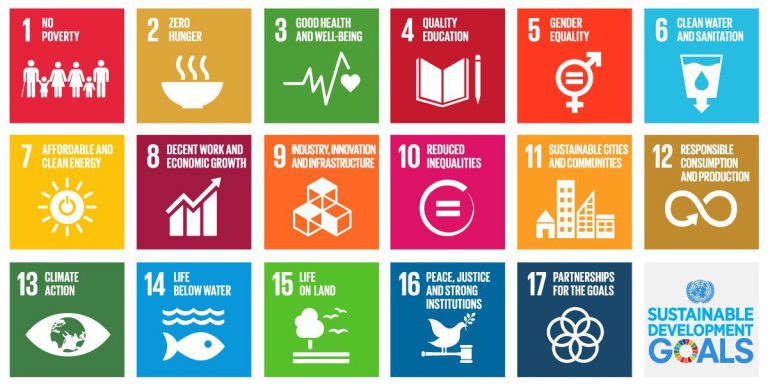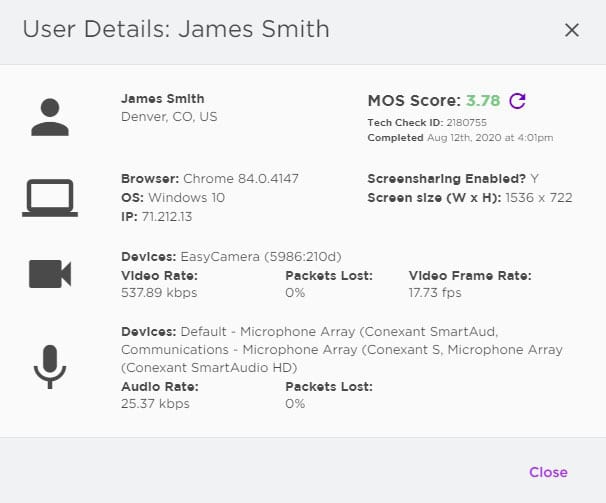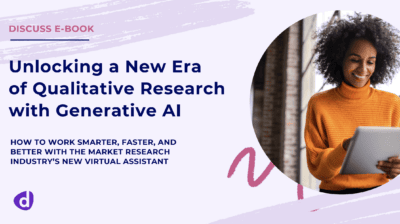
How do we confront global issues like poverty, climate change, and injustice? Unilever’s Senior Vice President of Consumer and Market Insights, Stan Sthanunathan, believes the answer to these universally critical problems lies in collaboration and research.
So was born Paragon Partnerships, a platform that seeks to unify research efforts in order to tackle international challenges in global development. Through collaboration with research agencies, large corporations, and industry leaders, Paragon can help governments and NGOs determine which of the UN’s “17 Goals To Transform Our World” to prioritize, while making strides in measuring and implementing solutions to sustainable development goals on an international level.
Partners who have signed on for the launch of the Paragon program include: Discuss.io, Unilever, PepsiCo, Google, Coca-Cola, Kantar, Nielsen, MetrixLab, GfK, riwi, Adobe, On Device Research, Flamingo, Save The Children, Project Everyone, Neighbourly, Clinton Health Access Initiative, Infotools, MetrixLab, Nielsen, The Market Research Society (MRS), ESOMAR, Global Research Business Network, Sapient Nitro, and United Nations.
Where quantitative efforts developed a baseline for understanding the major issues at play, qualitative interviews invited researchers to understand the depth of and reasons behind these problems.
Through Paragon’s platform, industry partners and researchers come together to share data and information in order to provide governments and NGOs with meaningful insights that will accelerate solutions in sustainable development. Research efforts range across quantitative and qualitative methods, as was the case in Paragon’s successful pilot study conducted in the Philippines. In addition to surveying 842 respondents on a quantitative level, the study also gathered deep insights over the course of 8 in-depth interviews conducted through Discuss.io’s online qualitative platform.
Filipinos of varying backgrounds, ages, income levels, and regions were asked to determine which areas they believed would boast the largest impact, if addressed by the government. Respondents honed in on three significant areas: Healthcare, Employment, and Education. From these categories, specific concerns were targeted – ranging from economic and regional inaccessibility to corruption.
Where quantitative efforts developed a baseline for understanding the major issues at play, qualitative interviews invited researchers to understand the depth of and reasons behind these problems. During interviews, participants addressed trends and concerns about their surroundings. For example, by tackling the topic of education (determined to be a significant issue by the quantitative survey), researchers found a multitude of reasons that could be keeping children from attending school. In order to combat this phenomenon, participants offered solutions that they felt might alleviate the root cause, like providing clinics within the schools themselves in order to improve both attendance and access to healthcare. The combination of research methods allowed researchers to provide a tiered analysis and explanation of the pressing issues by confirming issues faced by Filipinos on a macro level, while at the same time giving them the chance to provide valuable insights and offer solutions in their own words.
The combination of research methods allowed researchers to provide a tiered analysis and explanation of the pressing issues by confirming issues faced by Filipinos on a macro level… and offer solutions in their own words.
During these interviews, our fast, transparent and democratic research platform allowed researchers to connect directly with respondents across the world and around the clock through the use of webcams and video recording. Furthermore, Discuss.io’s automatically searchable transcriptions helped researchers to leverage respondents’ insights by bringing their thoughts to life. Poignant quotes pulled directly from respondents created approachability to respondent’s concerns and will serve as an excellent tool for promoting the success and depth of the research conducted through Paragon.
At Discuss.io, we are proud to collaborate on and contribute to Paragon Partnerships, and believe it will continue to serve as an invaluable resource in helping governments and NGOs achieve their goals of global sustainable development.
In addition to governments and NGOs, we also love helping businesses connect directly with consumers. Start a conversation with us to learn more about how Discuss.io can help you to understand global consumers.
Sign Up for our Newsletter
Related Articles

Turnaround Big Qualitative Research Projects with Little Time
Even when the end of the year isn’t fast approaching, it’s easy to feel like time is running out —…
Even when the end of the year isn’t fast approaching, it’s easy to feel like time is running out —…

Maximize the number of research projects completed by year’s end: Yes, it can be done
Ask most agencies managing enterprise-level market research (MRX) projects, and they’ll tell you they have a love/hate relationship with their…
Ask most agencies managing enterprise-level market research (MRX) projects, and they’ll tell you they have a love/hate relationship with their…

Video Conferencing Technology Best Practices to Ensure Outstanding Experiences
For modern researchers and CX professionals who use interviews to gather customer insights, reliable video conferencing technology is essential. But…
For modern researchers and CX professionals who use interviews to gather customer insights, reliable video conferencing technology is essential. But…


